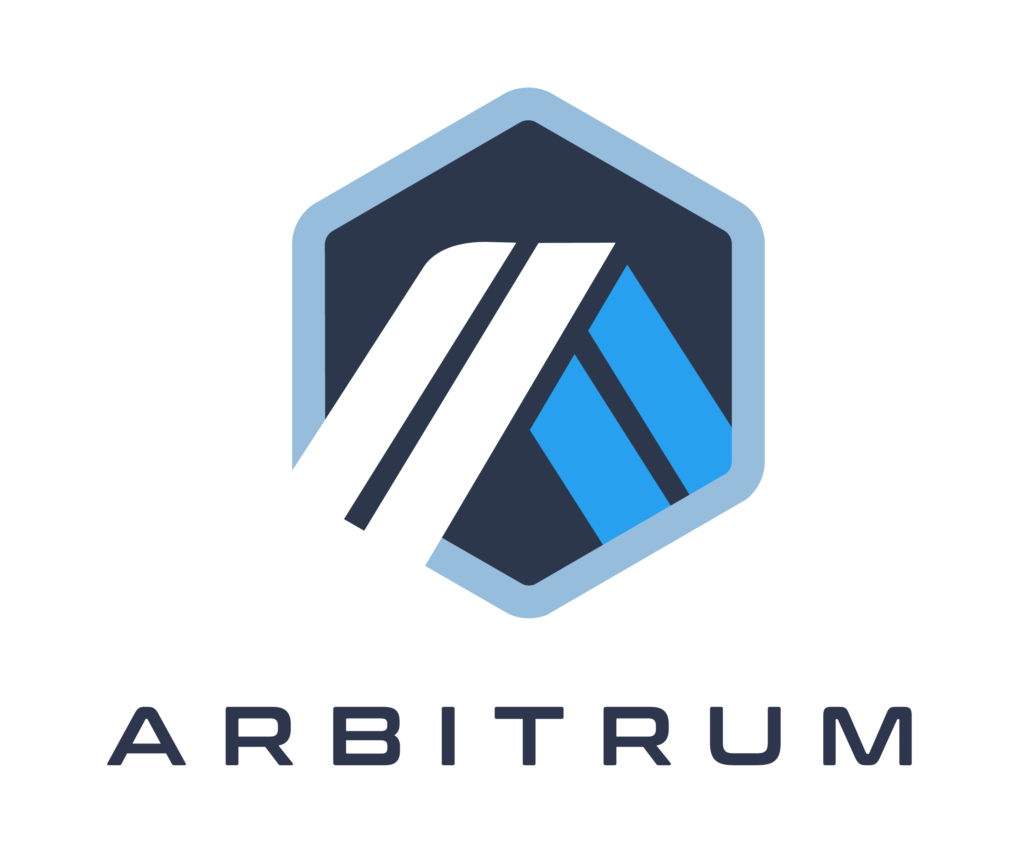If you’re familiar with the world of blockchain and crypto, then you’ve likely heard of Ethereum, the second-largest cryptocurrency by market capitalization. Ethereum’s native blockchain has been the go-to platform for many decentralized applications (dApps) and smart contracts, but it has faced some major scalability issues. And that’s exactly where Arbitrum (ARB) comes in. ARB is one of the most hyped and promising crypto token and blockchain in 2023. In this blog post, you’ll find everything you need to know about ARB.
Crypto Token? Blockchain? What is Arbitrum (ARB)?
Arbitrum (ARB) is a Layer 2 scaling solution for Ethereum, developed by Offchain Labs, a blockchain technology company. Arbitrum aims to address Ethereum’s scalability issues by providing a more efficient way for dApps and smart contracts to run on the network. Arbitrum is a form of sidechain that is compatible with Ethereum, meaning that it can work with the existing Ethereum infrastructure and support the same smart contract language, Solidity.

ARB, Arbitrum’s Main Crypto Token
Arbitrum’s main crypto token is called ARB. ARB is used to pay for transaction fees and secure the network. Users can earn ARB by staking it in the Arbitrum network, which helps to secure the network and validate transactions.
ARB is an ERC-20 token that serves as the native currency of the Arbitrum network. ARB can be used for a variety of purposes, including paying transaction fees, staking for network security, and participating in governance decisions.
The total supply of ARB is capped at 2 billion crypto tokens, with a significant portion allocated for ecosystem development, community initiatives, and team members. As the adoption of Arbitrum grows, the demand for ARB may increase as well, potentially leading to an appreciation in value. However, it’s important to note that investing in ARB, like any cryptocurrency, comes with its own set of risks and should be approached with caution.
Advantages of Arbitrum
One of the biggest advantages of Arbitrum is its ability to increase transaction throughput on the Ethereum network. This is achieved through a process called “optimistic rollups,” which allows for more efficient batch processing of transactions. By processing multiple transactions at once, Arbitrum can handle much higher transaction volumes than the Ethereum network on its own.
Another advantage of Arbitrum is that it is able to provide fast and cheap transactions on the Ethereum network. This is because Arbitrum’s optimistic rollup technology allows for faster confirmation times and lower transaction fees. This is particularly important for decentralized finance (DeFi) applications, which require fast and affordable transactions to function effectively.
Disadvantages of Arbitrum
One of the main disadvantages of Arbitrum is its centralization. Unlike Ethereum, which is decentralized, Arbitrum is currently operated by Offchain Labs. While Offchain Labs has stated that it plans to transition to a fully decentralized network in the future, the current centralization of Arbitrum may be a concern for some users.
Another potential disadvantage of Arbitrum is that it may be vulnerable to attacks, particularly if there is a significant amount of value stored on the network. This is a risk with any blockchain or cryptocurrency platform, but it is something that users should be aware of when using Arbitrum.
Potential of Arbitrum
Arbitrum has the potential to significantly improve the scalability and functionality of the Ethereum network. As more dApps and smart contracts are developed on the Ethereum network, the need for scalable solutions like Arbitrum will only continue to grow. With its fast and affordable transactions, Arbitrum could become a go-to solution for developers looking to build on Ethereum.
Technical Aspects of Arbitrum and the ARB Crypto Token
Arbitrum uses a combination of on-chain and off-chain mechanisms to achieve its scalability and performance goals. The heart of the Arbitrum system is its optimistic rollup technology, which allows for efficient batch processing of transactions. This is combined with a fraud-proof system that ensures the validity of transactions without requiring all nodes on the network to validate each transaction individually.
In addition to its technical innovations, Arbitrum is also designed to be developer-friendly. The platform supports the same smart contract language, Solidity, as Ethereum, making it easy for developers to port existing dApps and smart contracts to Arbitrum.
Conclusion
Overall, Arbitrum represents an exciting new development in the world of blockchain and cryptocurrency. By providing a more efficient and scalable way for dApps and smart contracts to run on Ethereum, Arbitrum has the potential to significantly improve the functionality and usefulness of the network.